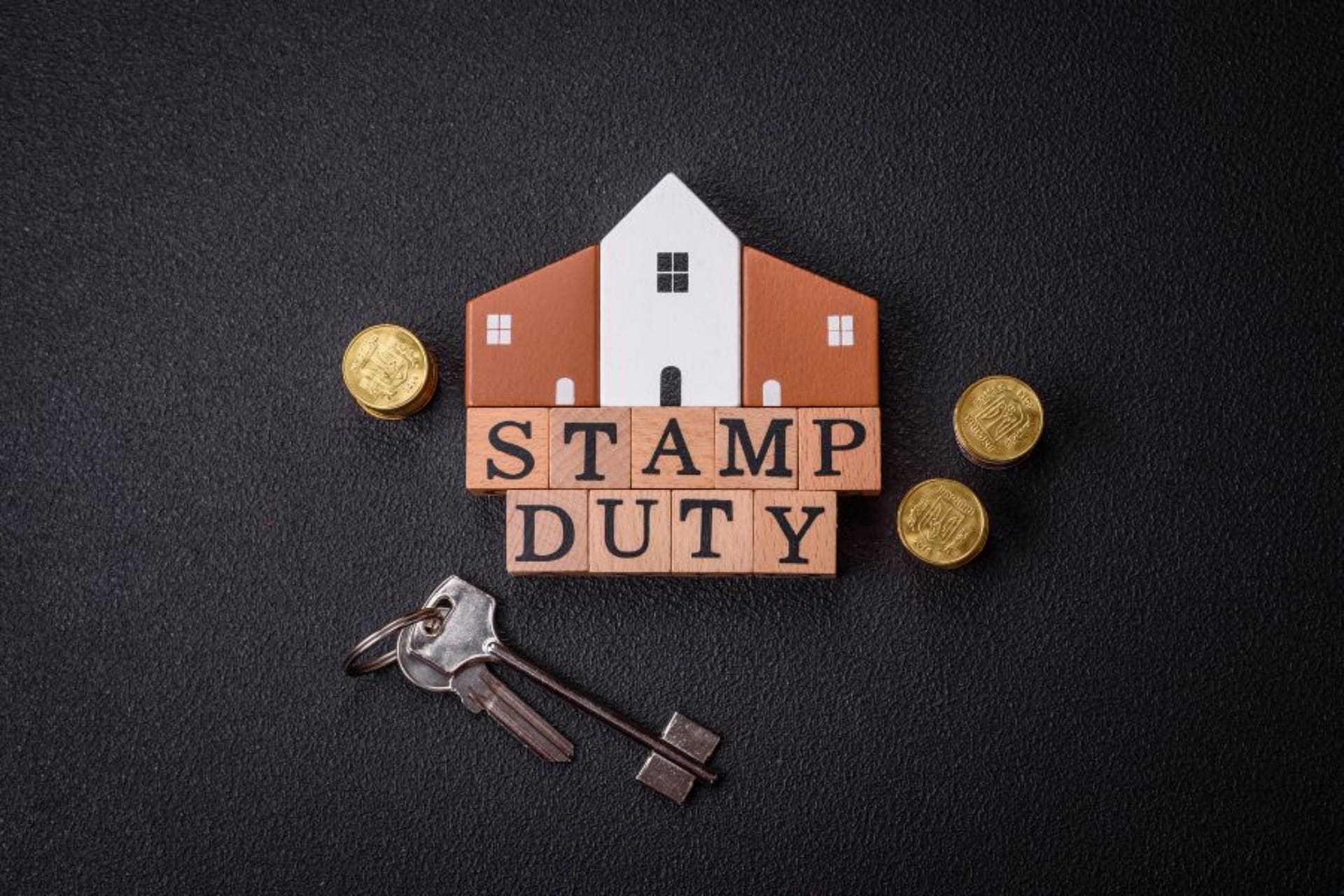When dealing with legal documents, especially in property transactions, the terms “deed” and “contract” are commonly used but often misunderstood. While both are binding agreements, there are significant differences between them in Australian law, particularly in how they are executed and enforced.
A deed is typically used for more formal transactions that don’t require both parties to exchange something of value, whereas a contract always involves an agreement where both sides give something in return.
In this guide, we will break down the key distinctions between a deed and a contract, helping you understand which document is right for your situation.
I. What Is the Legal Definition of a Deed and a Contract in Australian Law?
Deed: A deed is a formal, written document that is often used for significant legal actions or transactions, such as transferring property ownership or creating a trust. Under Australian law, a deed must be signed, sealed, and delivered to be legally binding.
Unlike a contract, a deed does not require consideration (something of value exchanged between the parties) to be enforceable. This means one party can give something to another, like property, without receiving anything in return.
Contract: A contract, on the other hand, is a legally binding agreement between two or more parties that involves the exchange of goods, services, or property. For a contract to be valid under Australian law, three essential elements must be present: offer, acceptance, and consideration.
This means each party must provide something of value—whether it’s money, goods, or services—in return for what the other party is offering.
While both deeds and contracts are legal documents, deeds are typically used for formal or significant transactions and don’t require consideration, whereas contracts are based on an exchange of value.
II. When Should I Use a Deed Instead of a Contract in Property Transactions?
There are specific situations in Australian property transactions where using a deed may be more appropriate than a contract:
Gifts of Property: If you are gifting property or transferring ownership without receiving payment or another form of consideration in return, a deed is the right document to use. Since a deed does not require consideration, it allows you to legally transfer the property as a gift.
Guarantees: If a person or organisation is providing a guarantee for a loan or an obligation but not receiving anything in return, a deed is often used. This ensures the guarantee is legally enforceable even without consideration.
Trusts and Powers of Attorney: Deeds are also commonly used to establish trusts or grant powers of attorney because of the formal and enduring nature of these transactions.
Settlement Agreements: When resolving disputes or settling legal claims related to property, a deed may be used to formalise the terms of settlement, especially if one party is giving up rights without receiving any direct benefit in return.
In other property transactions, such as buying or selling real estate, a standard contract is usually sufficient. Contracts are more appropriate for everyday property dealings where both parties exchange something of value.
Also Read: Selling Your House Privately: Legal Requirements in Australia
III. What Are the Formal Requirements for Executing a Deed vs a Contract?
The formalities required for deeds and contracts differ, and understanding these requirements is essential to ensure your document is legally binding.
Deed:
In Writing: A deed must always be in writing.
Execution: A deed must be signed by the person or company executing it. In some cases, deeds also require a witness to the signing.
Seal (Historically): While deeds were traditionally “sealed,” this is no longer a strict requirement in many Australian jurisdictions.
Delivery: The deed must be “delivered,” meaning the parties must show clear intent for the deed to take legal effect. This can often be achieved by a clear statement within the deed itself.
Contract:
Offer and Acceptance: For a contract to be valid, one party must make an offer, and the other must accept it.
Consideration: There must be an exchange of value or something of benefit between the parties.
Mutual Agreement: Both parties must agree to the terms and conditions of the contract.
Written or Verbal: While many contracts can be verbal, property contracts in Australia generally must be in writing to be legally binding, especially under the Statute of Frauds.
Deeds require more formalities than contracts, especially in their execution and delivery. Contracts are simpler to execute but require mutual exchange or consideration to be valid.
Also Read: How Long is a Contract of Sale Valid For in Qld?
IV. How Do the Enforceability and Limitation Periods Differ Between Deeds and Contracts?
Enforceability: Deeds are considered more formal and therefore have stronger enforceability in many cases. Because they don’t require consideration, they can be used in situations where one party doesn’t receive any benefit.
Deeds also provide more certainty in long-term agreements because they are less reliant on ongoing consideration, unlike contracts.
Knowing when and how to use these documents will ensure that your transactions are legally binding and enforceable under Australian law.
If you need expert guidance on deeds, contracts, or any property transactions, reach out to CJC Law today. Our team of professional conveyancers is ready to assist you, ensuring every transaction is smooth, compliant, and secure. Contact us at CJC Law for reliable, expert advice tailored to your situation.




